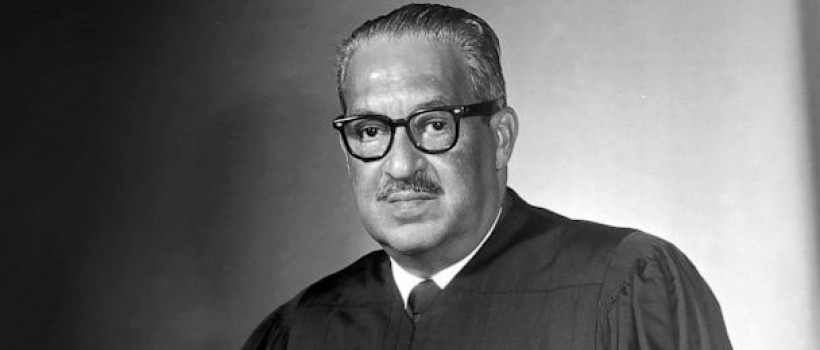On June 13, 1967, history was made when Thurgood Marshall became the first African American nominated to the United States Supreme Court. Marshall had already made a name for himself as a brilliant lawyer and civil rights activist, having successfully argued the landmark case of Brown v. Board of Education before the Supreme Court in 1954.
Unfortunately, Marshall’s nomination was not without race-driven controversy. Many white Americans opposed the idea of a black man serving on the Supreme Court, and some politicians used racist rhetoric to try and block Marshall’s confirmation. However, President Lyndon B. Johnson was determined to see Marshall appointed, and he used his political skill to win over enough Senators to secure Marshall’s confirmation.
Marshall’s nomination was a significant step forward for civil rights in America. For too long, the Supreme Court had been dominated by white men who often failed to understand the experiences and challenges faced by minorities. Marshall’s appointment showed that progress was being made and that the voices of marginalized communities were finally being heard.

Throughout his tenure on the Supreme Court, Marshall remained a steadfast advocate for civil rights and social justice. He was a fierce defender of the Constitution and believed that the law should be used to protect the rights of all Americans, regardless of their race, gender, or social status.
Marshall’s legacy continues to inspire generations of lawyers and civil rights activists. His courage, intelligence, and dedication to justice helped to pave the way for a more equitable and just society, and his impact on American history will never be forgotten.

Leave a Reply